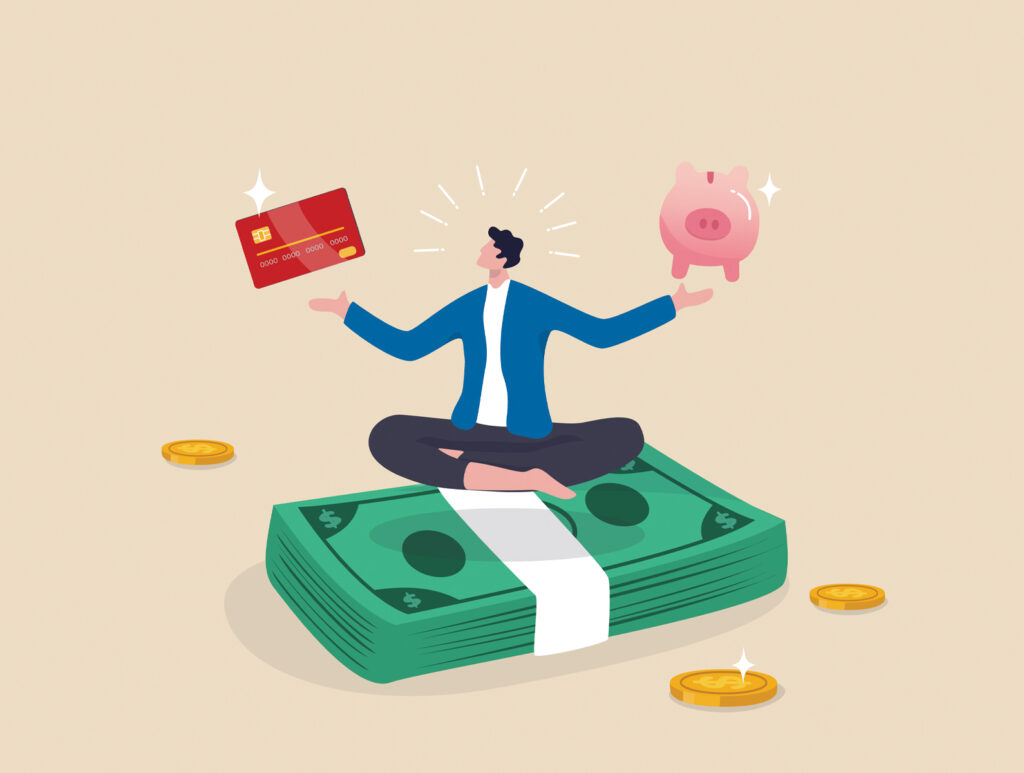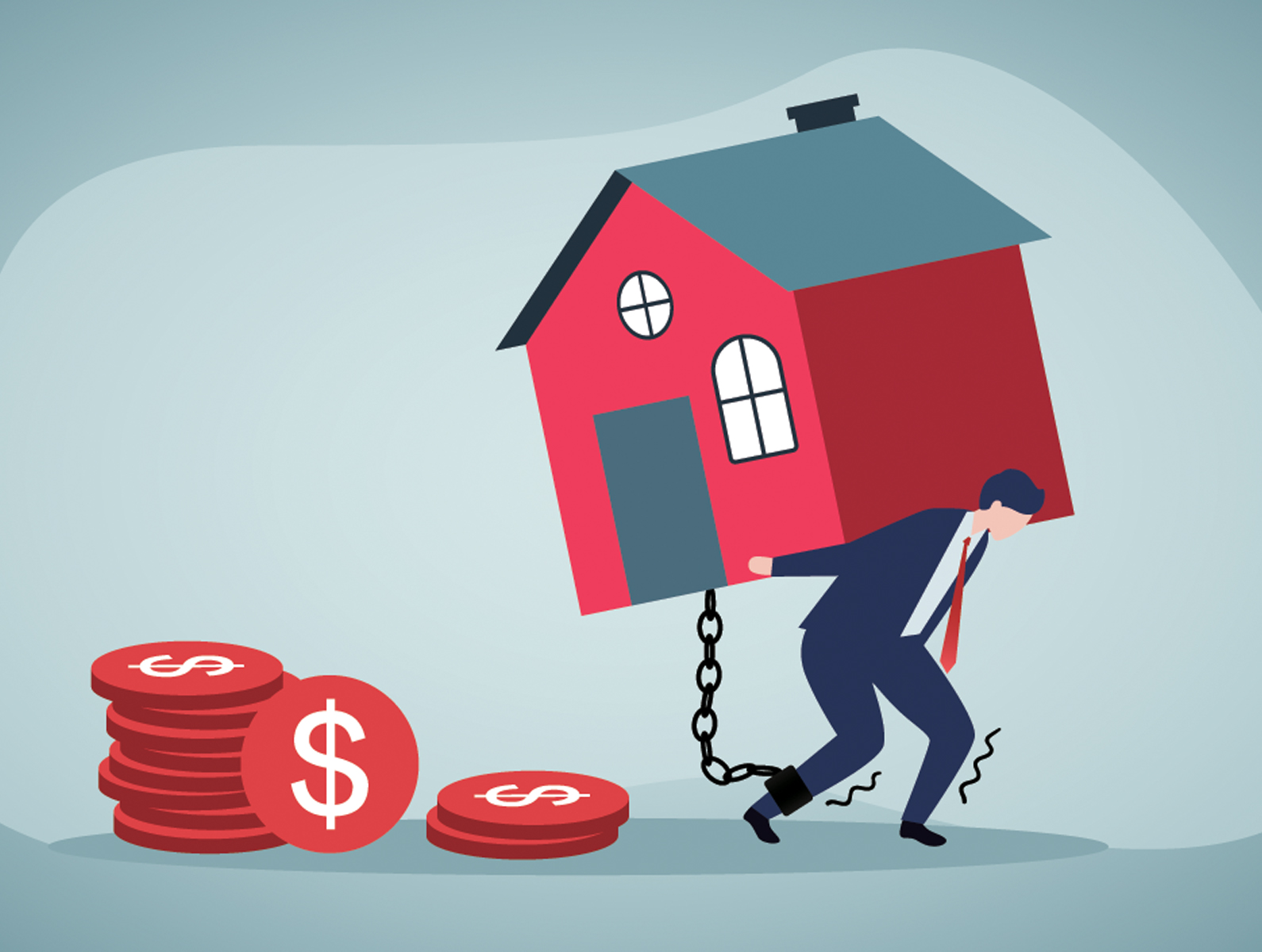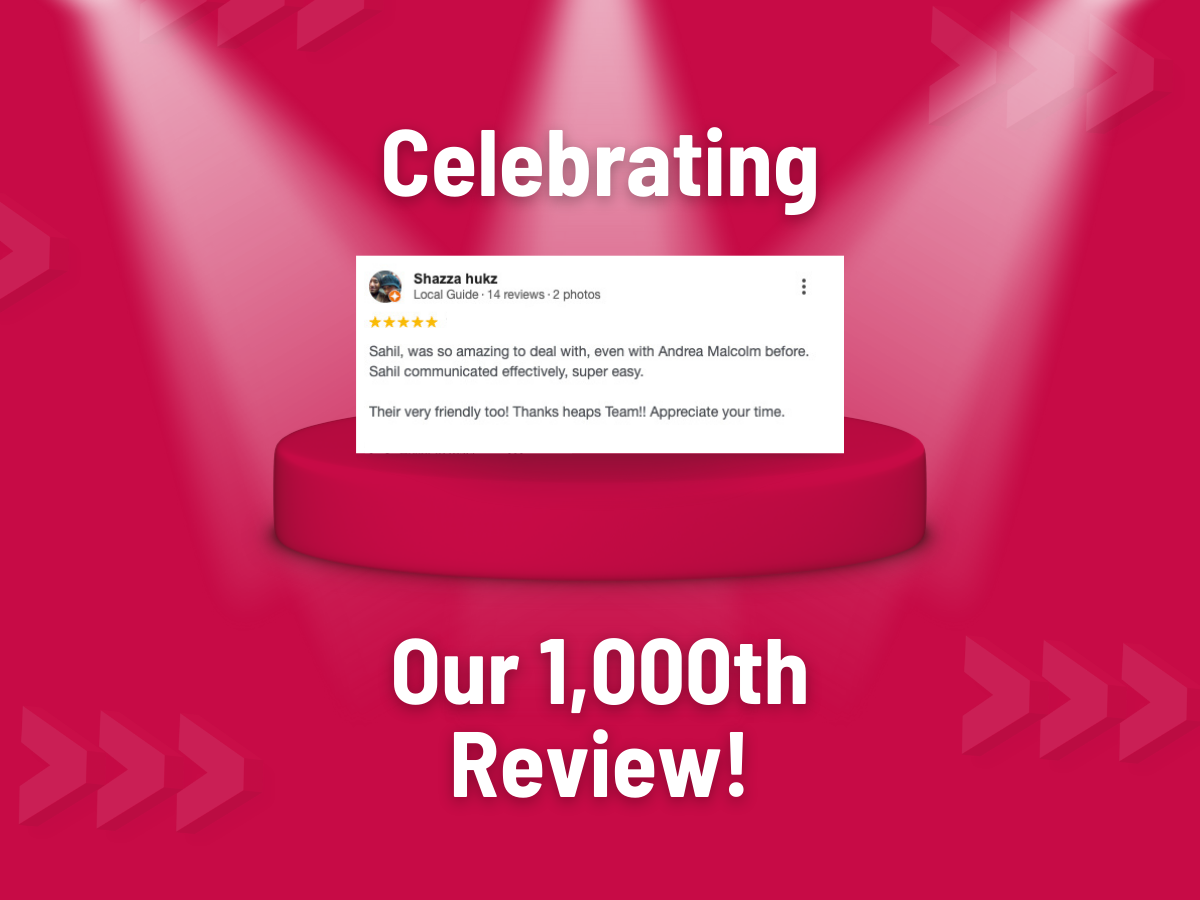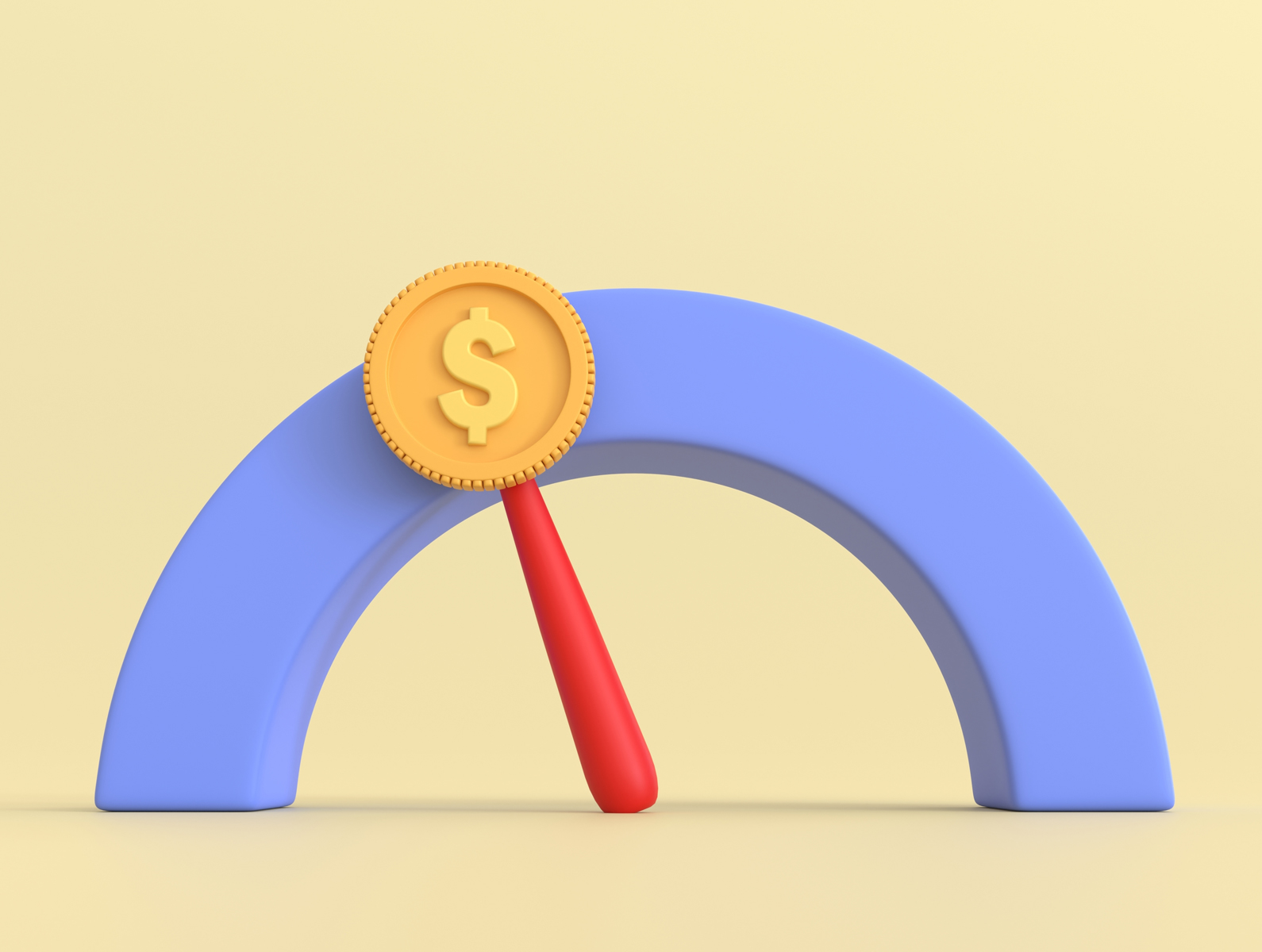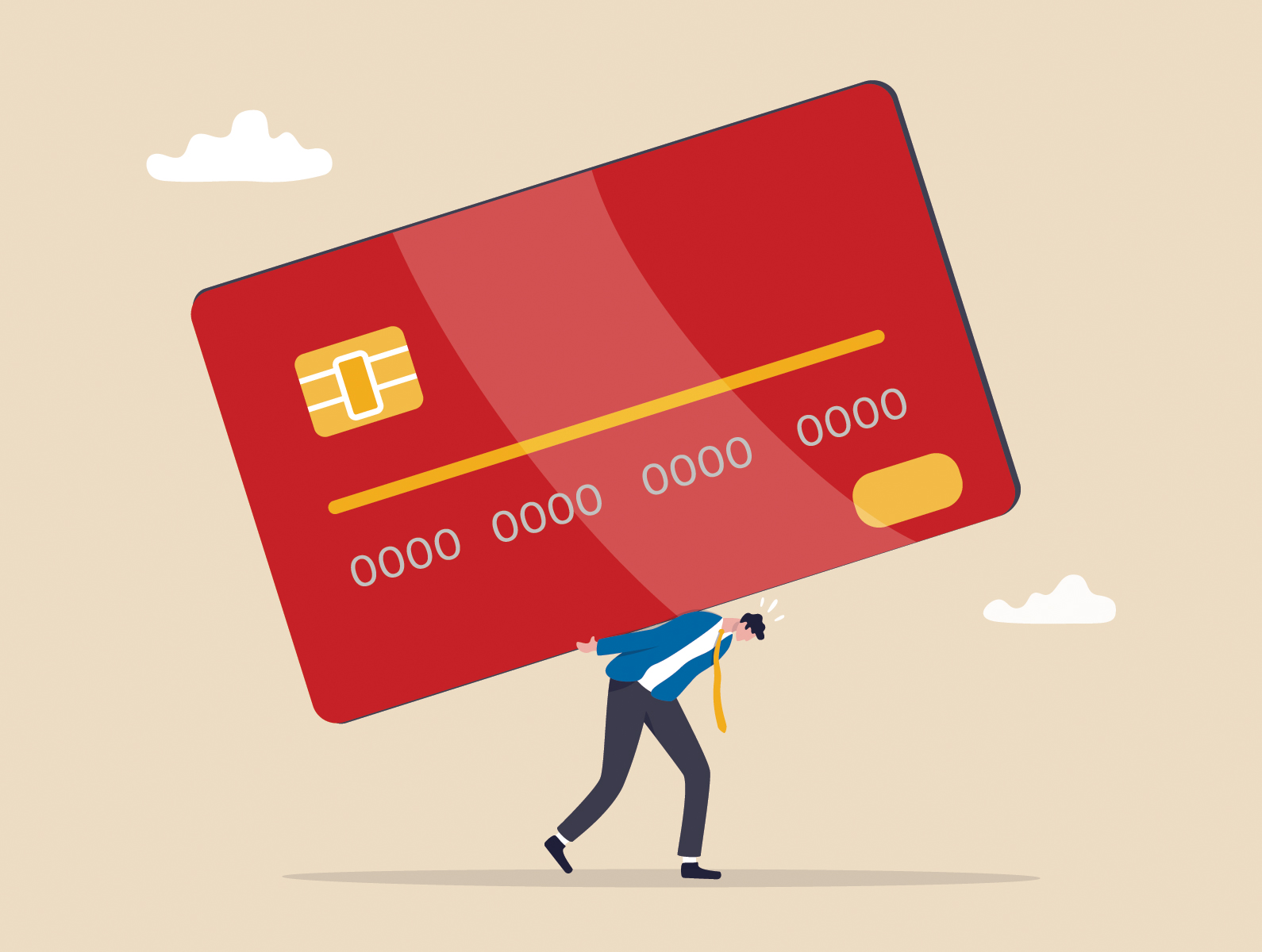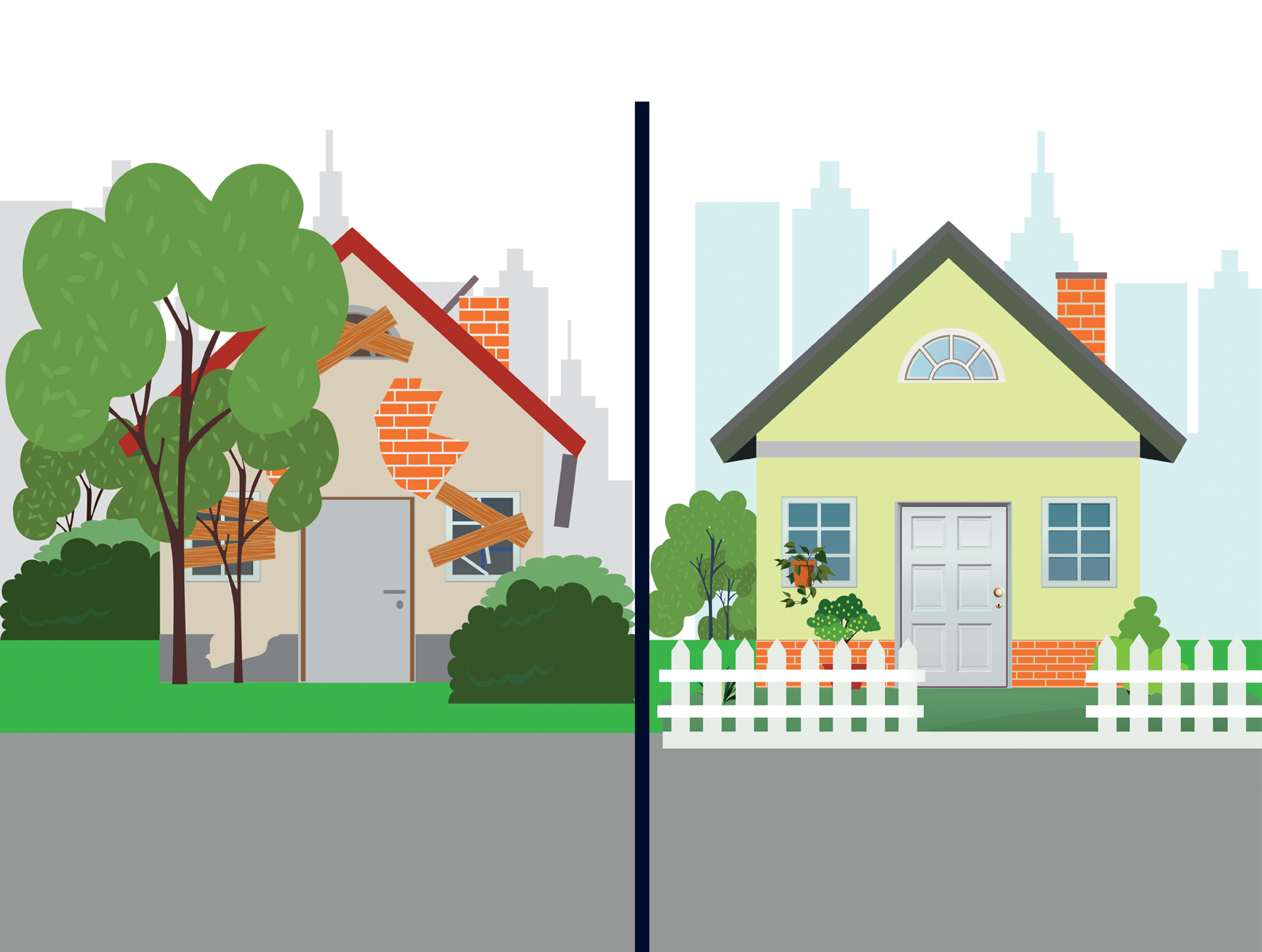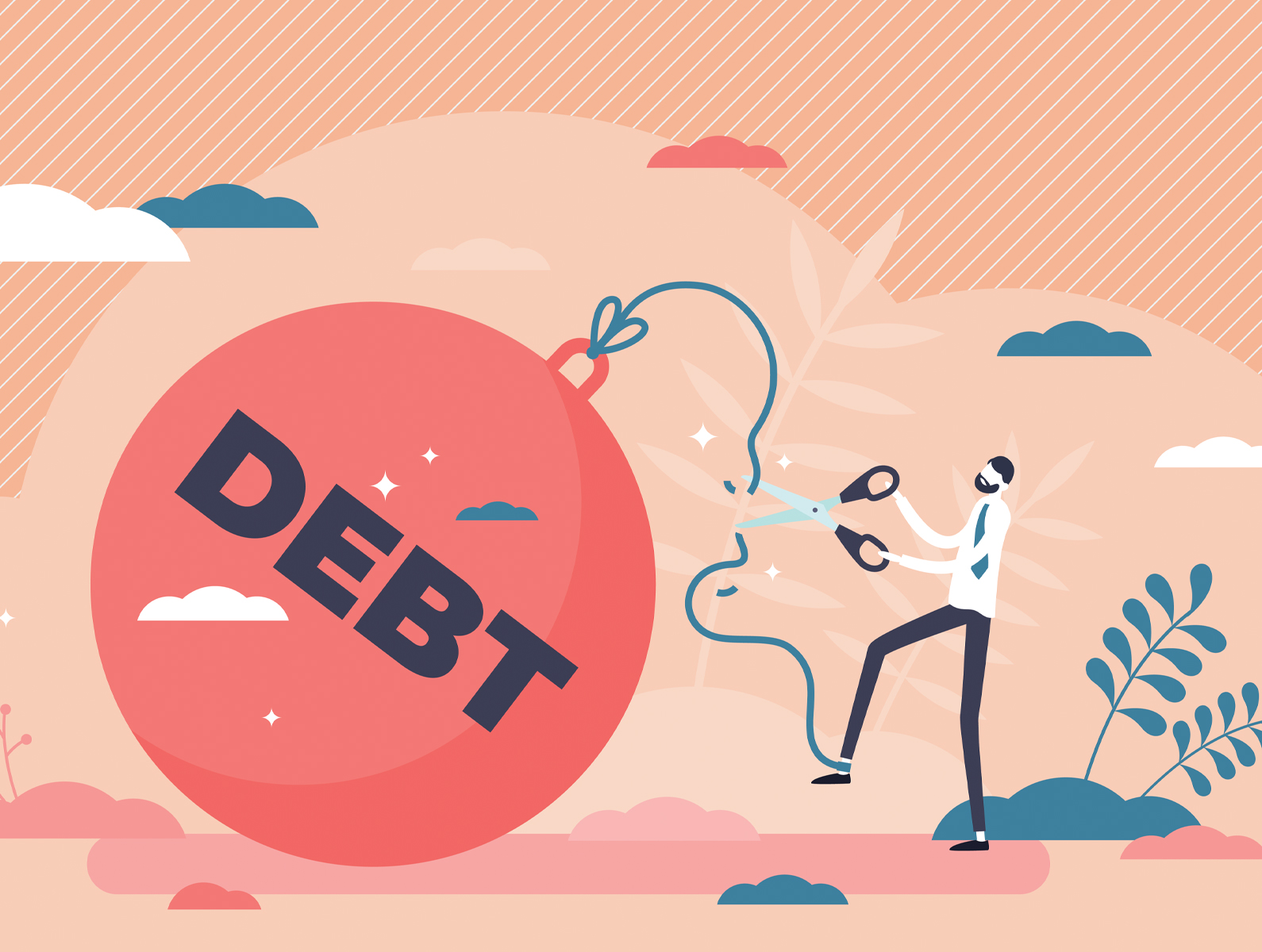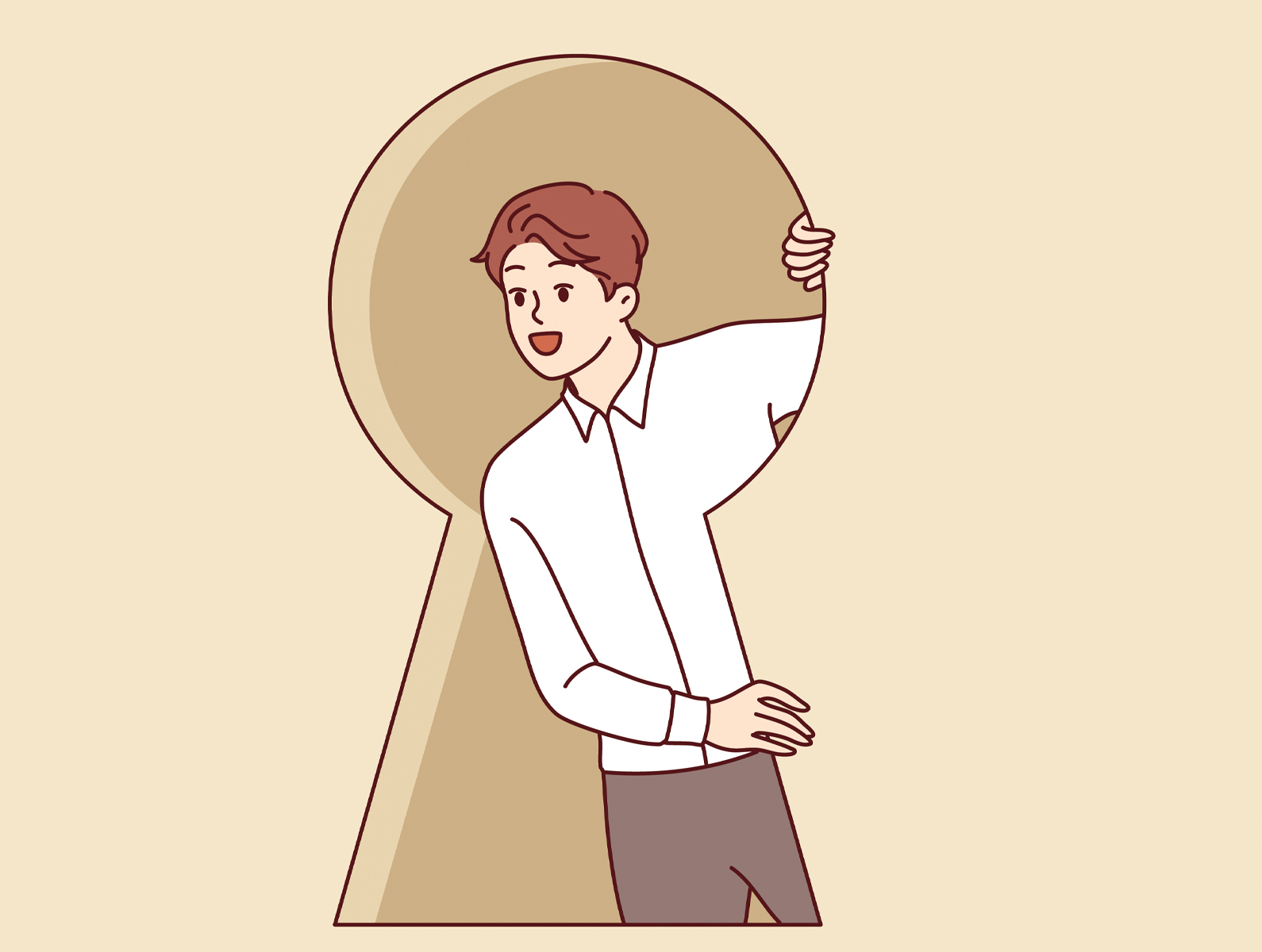Juggling financial priorities is tough, especially when it comes to saving and paying off debt at the same time. Whether you’ve got a credit card that’s impossible to pay off, or you’re dreaming of a first home, the question always pops up: Should you save or pay off debt first?
The truth is, it’s not always a one-size-fits-all answer. It depends on your situation, your goals, and even your mindset. But don’t worry, we’re here to break it down in a way that makes sense.
Why People Struggle with This Question

If your finances are tight, it can seem impossible to decide between saving and paying off debt. It may even feel overwhelming. Do you build a safety net or clear those interest-racking debts? You want to do the smart thing, but both saving and paying off debt are smart… so which comes first?
Let’s have a look at both sides of this to help you weigh your options.
The Case for Paying Off Debt First
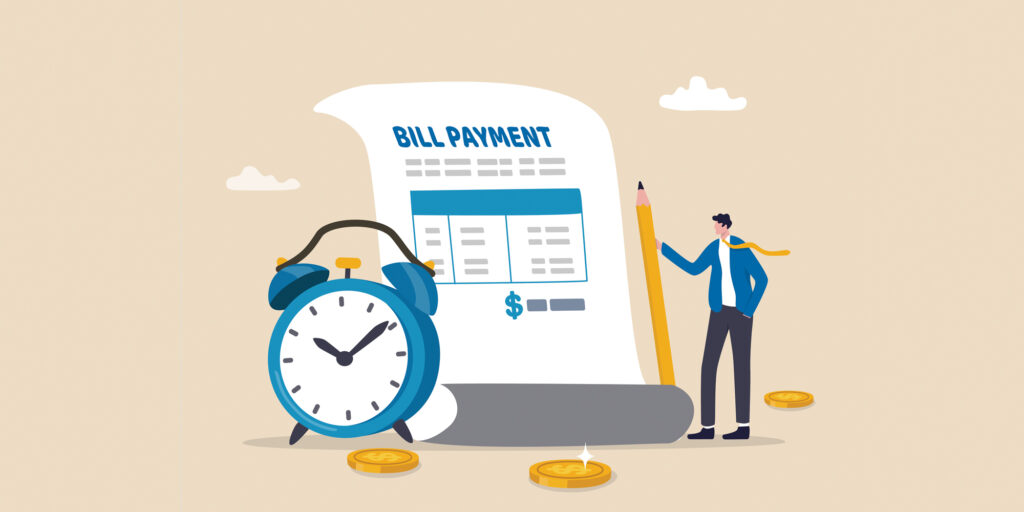
Here’s the big reason to focus on debt: interest. Especially if we’re talking about credit cards or short-term loans. These can have super high interest rates, sometimes 50% or more. That means your debt is growing faster than your savings ever could.
So, if your debt has a high interest rate, it’s usually smarter to tackle that first. Why? Because no savings account is going to give you a 50% return (or even 10%), so you’re basically losing money by letting the debt sit there.
Some signs you should focus on paying off debt first:
- You’re being charged high interest.
- You’re only making minimum payments.
- You’re feeling stressed about your repayments.
- You’re paying off short-term or revolving debt like credit cards.
The Case for Saving First

Now, there’s one big exception: you don’t want to be caught with nothing. If you throw all your money into debt and something unexpected pops up—like your car breaks down or your dog eats something it shouldn’t—you might end up relying on more debt just to get through.
That’s why building an emergency fund is a smart first move. Even just $1,000 tucked away can give you peace of mind and help avoid more borrowing down the track.
Saving might be the right call if:
- You have no emergency fund at all.
- Your debt is low-interest (like student loans or a home loan).
- Your job isn’t super secure, or your income is irregular.
- You’ve got a big expense coming up (e.g., car rego, Christmas).
What If You Could Do Both?
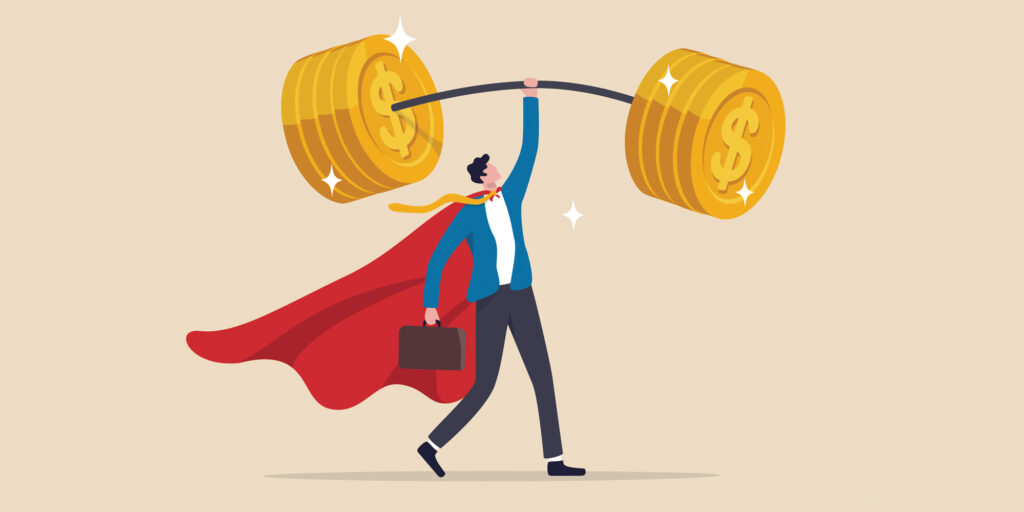
The best of both worlds? Yes, please! Here’s a strategy that works for a lot of Kiwis: do a bit of both.
- Build a mini emergency fund – Aim for $1,000 to start with. Just something to cushion life’s curveballs.
- Pay down high-interest debt – Focus on the worst offenders first.
- Start small savings habits – Even $10 a week into a savings account helps build momentum.
- Refinance or consolidate – This is where Loansmart comes in. We can help you roll your debts into one simple loan with lower interest, so you free up cash to save while still making progress on what you owe.
How Loansmart Can Help
At Loansmart, we believe in smart lending that actually works for your lifestyle. We know everyone’s situation is different, which is why we offer personalised debt consolidation loans, flexible repayment plans, and smart solutions that put your financial health first.
We’re not here to judge. Whether you’ve got a stack of credit card bills or you’re just trying to get ahead, we’ve helped thousands of Kiwis find a better way forward. And fast. Apply in 2 minutes, get approved in 1-2 hours*, and get paid the same day*!
Tips for Balancing Saving and Paying Off Debt

If you’re keen to get on top of both goals, here are a few helpful tips:
- Automate both – Set up automatic payments for savings and debt so it’s out of sight, out of mind.
- Use windfalls wisely – Got a tax refund or bonus? Split it—maybe 70% toward debt, 30% to savings.
- Track your progress – Use an app or spreadsheet to see how your balance is improving. Super motivating.
- Cut costs – Even trimming one subscription or takeout order a week can add up over time.
- Talk to the pros – Chat to us about your options. A quick 10-minute call could open up solutions you didn’t know existed.
There’s No Wrong Answer
At the end of the day, it’s not about choosing one over the other—it’s about making progress. Whether you save first or pay off debt first, you’re taking control of your money. That’s a massive win.
But if you’re feeling stuck, don’t go it alone. Loansmart can help you sort through the numbers, compare your options, and come up with a plan that actually works for you.
Get in touch with the team at Loansmart today. We’ll help you find a smarter way to borrow, save, and move forward—fast.
Apply Now!
*Subject to responsible lending checks and criteria


